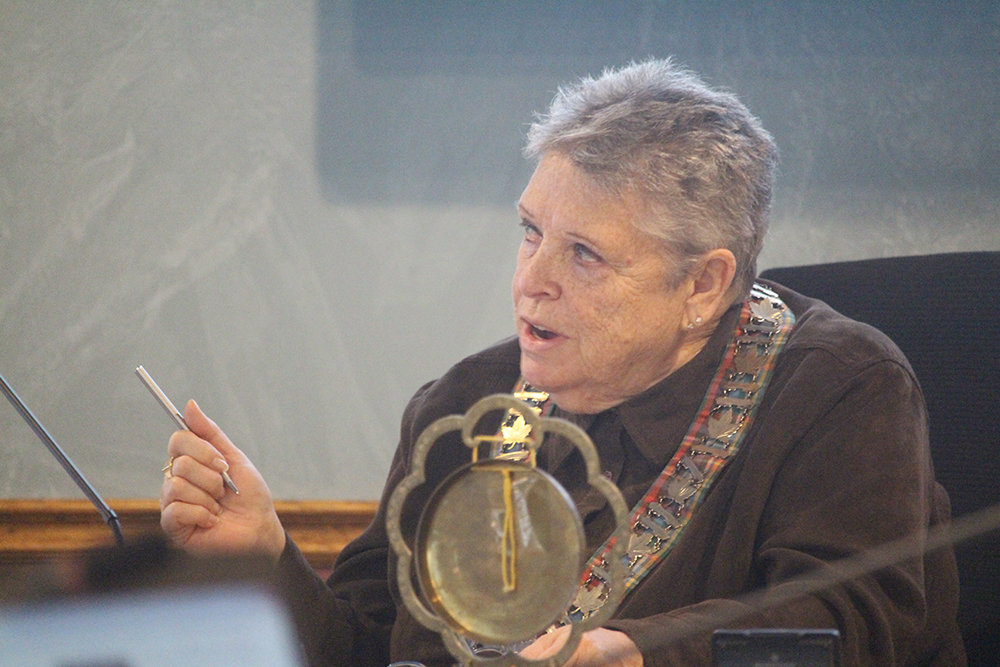The county is keeping the transportation file parked in hopes of better opportunities down the road.
County council voted unanimously April 24 to continue to monitor transportation options and that they continue to be discussed as part of the 2020 budget process.
The $50,000 budgeted to continue work on transportation is also to remain unallocated.
The motion comes after the county transportation taskforce reached the end of its mandate in April and the transportation advocacy group Rural Transportation Options opted to go on hiatus.
Coun. Patrick Kennedy said although the county does not want to move forward with a transportation system now due to unknown costs, he does not want to see the efforts of the people who have pushed for transportation go to waste.
“Those people gave up their lives for this,” Kennedy said. “There is really a need for the county to move forward with a system. Maybe today is not the right time.”
He said the province and federal government are talking about rural transportation but the funding for it has not been forthcoming.
County received a final report on a transportation implementation plan from consulted IBI Group Jan. 23.
The group recommended a booked, shared ride-service and proposed a way to implement it starting this year.
However, council expressed a number of concerns about the proposal, including the cost of more than $162,000 annually.
Coun. Andrea Roberts said the proposal also proposed to use Dysart et al’s DYMO bus for the new service but the committee has indicated it wants to keep it given the success of the program.
“I’ve said from the outset, a door-to-door service is the only way to go,” Roberts said. “I don’t mind a transportation system costing the county money, … but it’s got to be viable.”
Roberts said there has to be a match-up system in the vein of Uber.
“We should park the money and hope the technology catches up,” she said.
Coun. Cec Ryall expressed concern about keeping the $50,000 parked. But CAO Mike Rutter argued that could be advantageous if the county sets aside money for transportation each year.
“That helps start-up costs, maybe it buys a bus, maybe it buys a contract for a bus,” he said.





